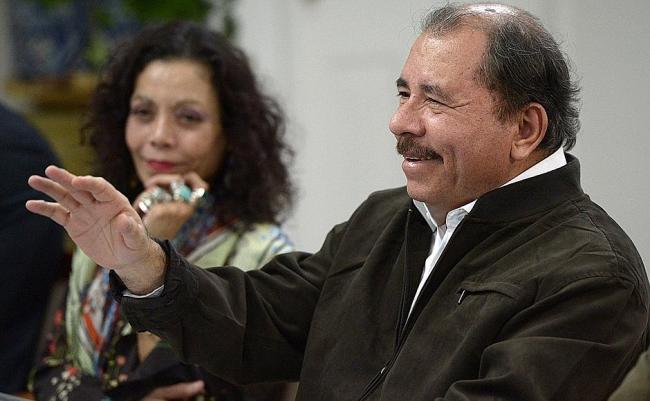
On July 29th, Sandinista President Daniel Ortega unseated 16 opposition members and 12 alternates from Nicaragua’s legislature, eliminating one of the few remaining obstacles to one-party rule. Days later, Ortega named his wife, Rosario Murillo, as his vice presidential running mate for the November elections. Political analysts inside and outside of the country see the move as an attempt to secure a line of family succession, as Ortega, 70, enters the final years of his political career.
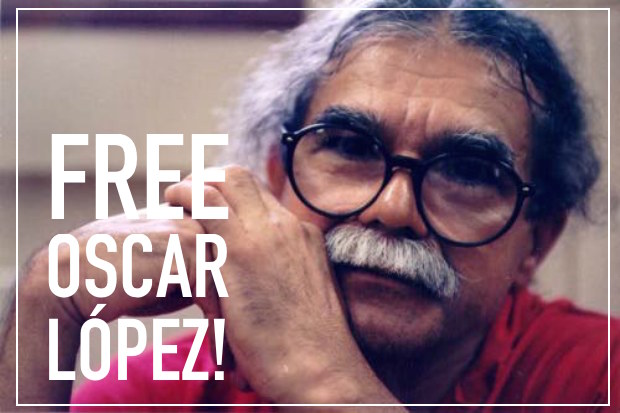
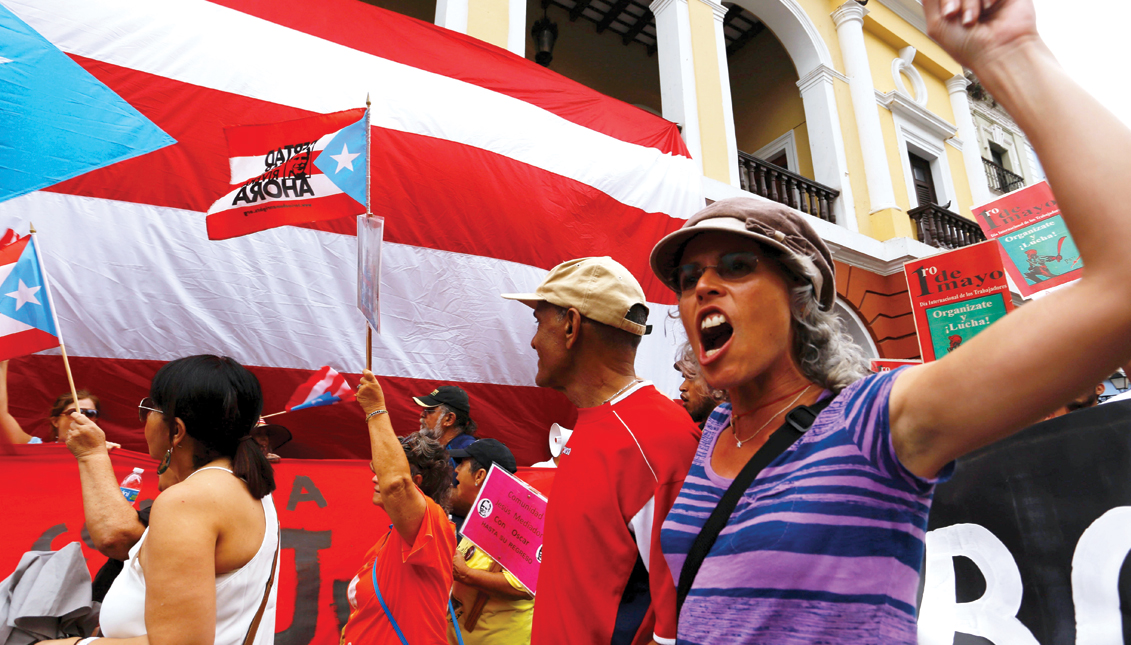
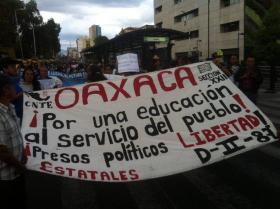

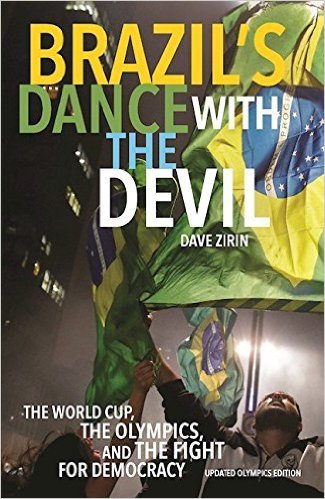
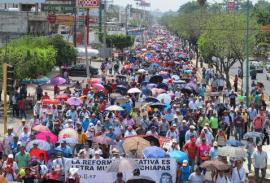
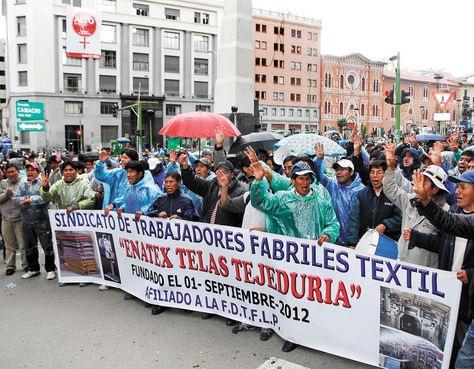
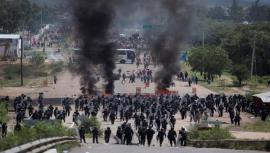
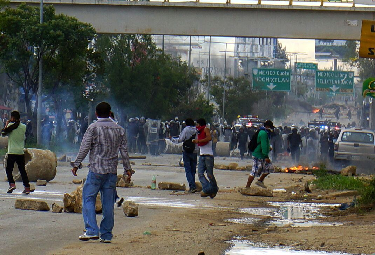 Two new articles provide useful, accurate analysis about what's behind the protests in Oaxaca Mexico about education reform. One explains the
Two new articles provide useful, accurate analysis about what's behind the protests in Oaxaca Mexico about education reform. One explains the 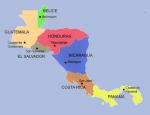
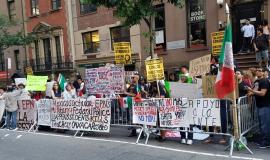
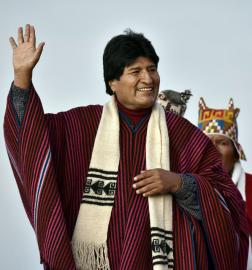
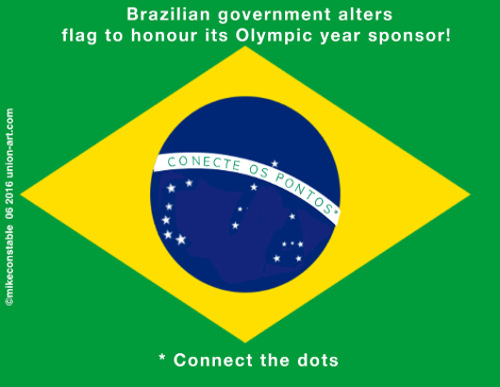
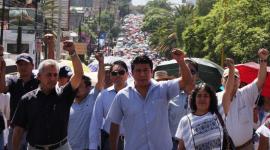
.jpg)
